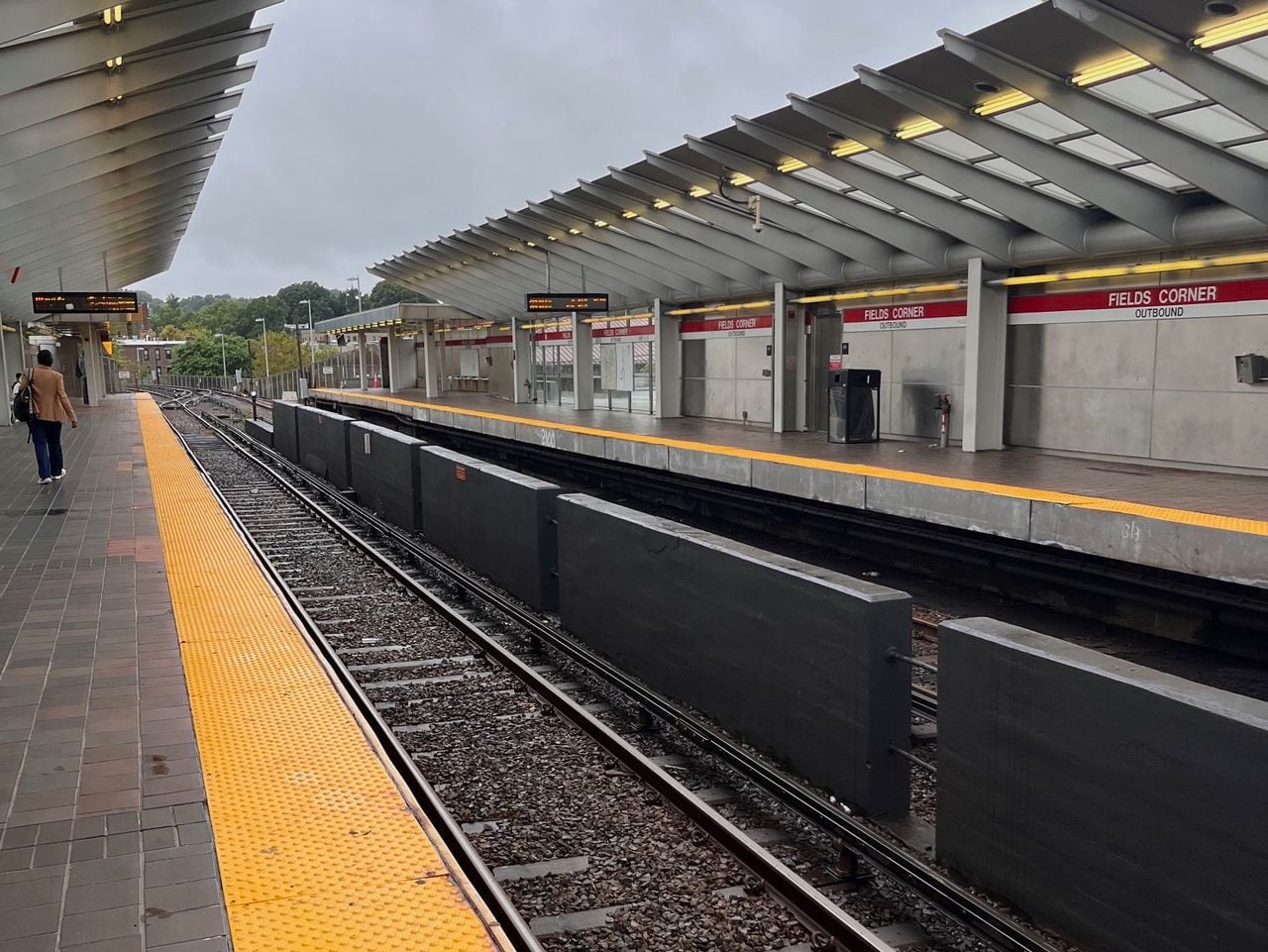
The already bumpy path to turning around the MBTA has just gotten a little longer, with the price tag for bringing all of the public transit agency’s infrastructure into a “state of good repair” ballooning to a projected $2 billion a year.
And that’s just to start with, according to a new report by the progressive Massachusetts Taxpayer Foundation, which crunched the numbers to warn of the “scary part” of fixing all of the chronically troubled mass-transit agency’s problems.
The T updated its “state of good repair” metric last month, tweaking its formula, to conclude that instead of the $10 billion it estimated it needed in 2019 to bring all of its assets up to snuff, that total had jumped to $24.5 billion. About two-thirds of the agency’s assets are not “in state of good repair,” according to State House News Service.
And that only includes what the agency would need to spend to meet its current challenges, and not to make “investments in modernization, electrifications, accessibility, climate resiliency or expanded services, among a host of other matters,” analysts wrote.
To meet those obligations, the agency would have to boost its capital spending from the $1.4 billion a year it said it needed in 2019 to “$2 billion a year as a starting point,” analysts concluded.
The “implications are stark,” analysts continued, particularly since the agency “lacks sufficient resources to even manage the previous $10 billion [target] let alone the [updated needs].”
That means “an additional $2 billion in capital needs puts the capital gap at near unsurmountable levels,” analysts continued, with the price tag climbing to an average of $3 billion a year, starting in the 2025 budget year and running through the 2031 budget year.
In a statement, James E. Rooney, the president and CEO of the Greater Boston of Commerce, said the think tank’s new research underlines the fact that the state “urgently needs to meet these challenges with financial strategies and solutions, including aligning the long-term funding requirements and pricing of mobility.
“Transportation impacts commerce, the quality of life and future of every person, and the Commonwealth’s ability to attract and retain talent. Not only will efficient and safe transportation move people forward, but strong transportation systems will also help address the housing crisis, climate goals, downtown vitality, as well as economic access and equity,” Rooney continued.
In its report, the think tank similarly underscored the urgency of addressing the agency’s challenges, warning that “if the MBTA cannot return to safe and reliable service, the Boston economy cannot recover.”
It also warned that leaving a majority of the agency’s assets in a state of disrepair would be “catastrophic to the regional economy and the impacts would fall on transit-dependent communities and those who have few affordable transportation alternatives.”
Speaking to MassLive earlier this week as she reviewed her first year in office, Massachusetts Gov. Maura Healey acknowledged the challenges facing the agency.
The Democratic governor highlighted her decision to tap new general manager and CEO Phillip Eng, a veteran civil engineer with past stints at the Long Island Rail Road and New York City Transit, to lead the agency as evidence of the state’s commitment to turn the agency around.
“We don’t have a functioning economy without a functioning public transit system,” Healey told MassLive. “It’s really, really important. It’s important for our residents. It’s important for our employers. It’s important for the state. And that’s why I made it a priority.”
Despite those towering financial needs and ongoing safety issues, Healey appeared confident the agency can meet its obligations and make the repairs needed to keep the system safe and reliable for strap-hangers.
“We have the plan right now, through what [Eng] has proposed that will cover us through the work over the course of the next year, to build out the system in a way that makes it safe, reliable, and importantly, running at speeds that are actually going to [incentivize] people to leave their cars at home and take the T or the commuter rail,” she said.






